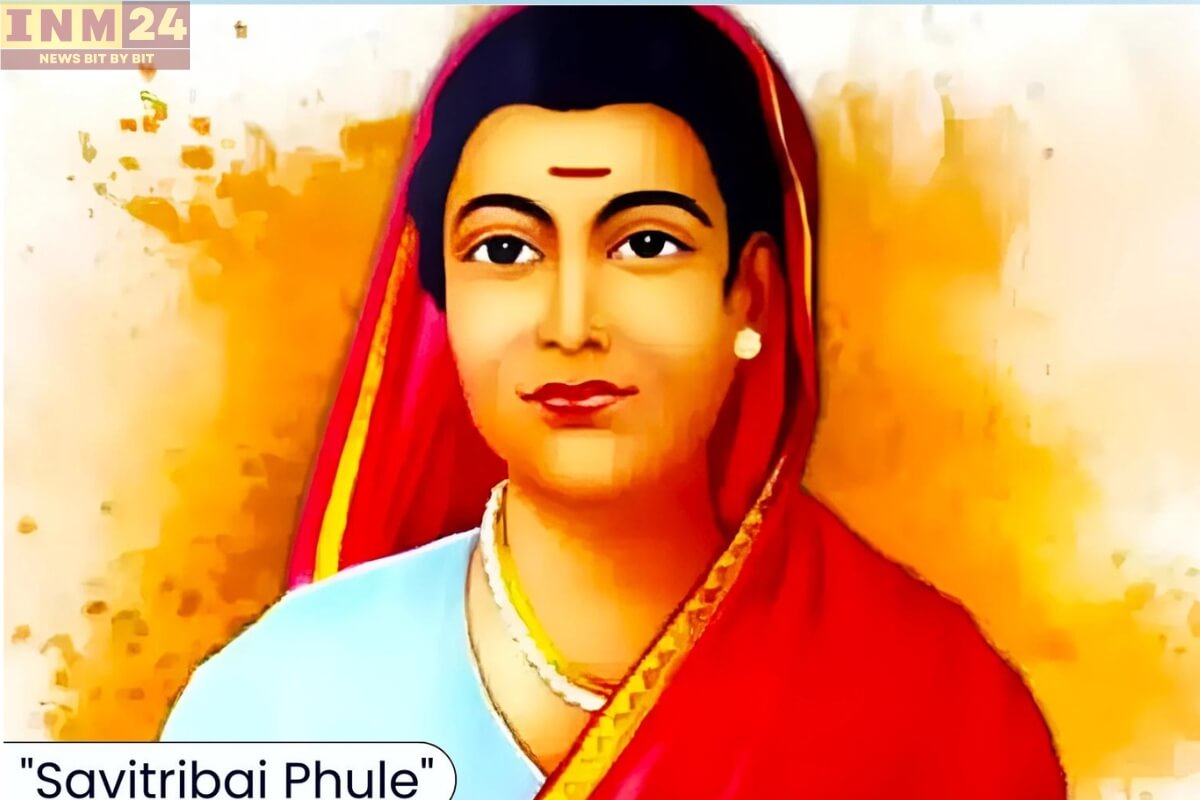Today marks the death anniversary of Savitribai Phule, a pioneering figure in India’s education and social reform movement. While she is celebrated for her significant contributions to women’s rights and education, there are several lesser-known facts about her life and legacy that are worth exploring. Here are 10 intriguing insights into the life of India’s first female teacher, Savitribai Phule:
- Early Life and Education: Savitribai Phule was born on January 3, 1831, in Naigaon, Maharashtra. Despite facing social and economic challenges, she was determined to pursue education and eventually became one of the first female teachers in India.
- Marriage to Jyotirao Phule: At the age of nine, Savitribai was married to Jyotirao Phule, a prominent social reformer and educator. Their marriage was a partnership based on shared values of social justice and equality.
- Pioneering Women’s Education: Savitribai Phule played a pivotal role in promoting education for women and girls in India. Alongside her husband, she established the first school for girls in Pune in 1848, breaking barriers and challenging social norms.
- Struggles and Opposition: Savitribai faced intense opposition and discrimination from conservative elements of society for her efforts to educate women. She persevered despite threats and hostility, demonstrating remarkable courage and resilience.
- Literacy Campaigns: In addition to formal education, Savitribai Phule advocated for women’s literacy through grassroots campaigns and community outreach. She believed that education was essential for empowering women and challenging societal norms.
- Activism Against Caste Discrimination: Savitribai and Jyotirao Phule were outspoken critics of the caste system and worked tirelessly to eradicate caste-based discrimination. They opened their home to Dalit children, providing them with education and support.
- Literary Contributions: Savitribai Phule was also a prolific writer and poet, using her literary talents to advocate for social reform and women’s rights. She wrote powerful poems addressing themes of equality, justice, and freedom.
- Founder of Orphanage: In 1854, Savitribai established the ‘Balhatya Pratibandhak Griha’ (Infanticide Prohibition House), an orphanage for unwanted and abandoned children. This initiative was a pioneering effort to address the social issue of infanticide.
- Healthcare Advocate: Savitribai was deeply concerned about the health and well-being of women and children. She worked to improve access to healthcare and sanitation facilities in underserved communities, recognizing the importance of public health in social reform.
- Legacy and Inspiration: Savitribai Phule’s legacy continues to inspire generations of activists and educators in India and beyond. Her unwavering commitment to social justice, education, and gender equality serves as a guiding light for those striving to create a more inclusive and equitable society.
On the death anniversary of Savitribai Phule, let us honor her memory by reflecting on her remarkable achievements and rededicating ourselves to the ideals of education, empowerment, and social justice that she championed throughout her life.
